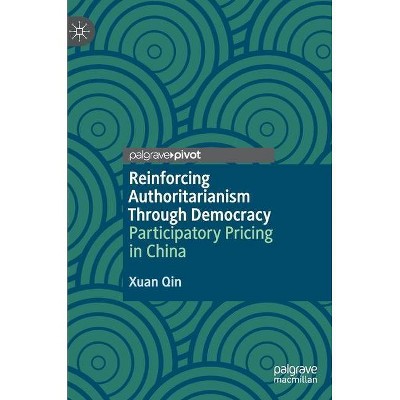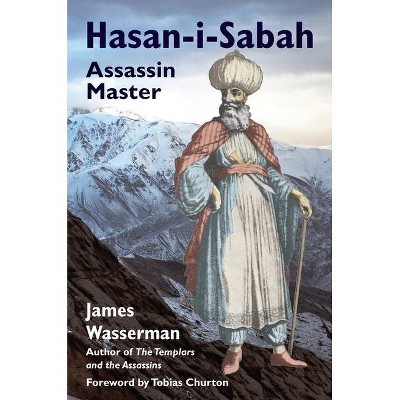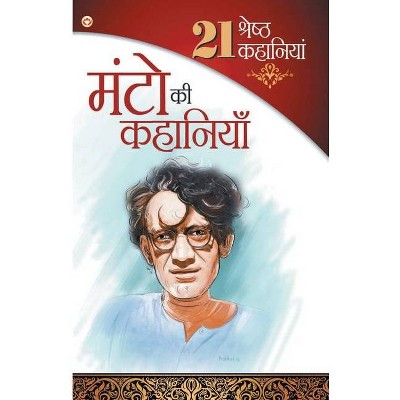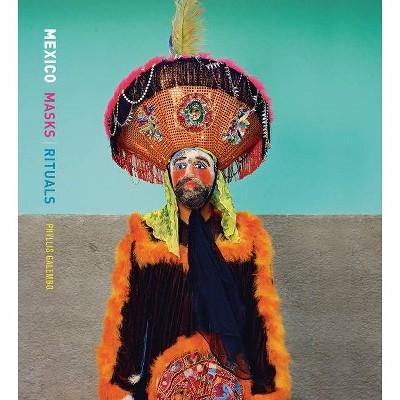Masks of Authoritarianism - by Arild Engelsen Ruud & Mubashar Hasan (Hardcover)
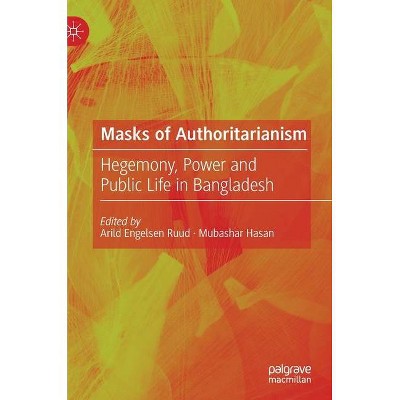
Similar Products
Products of same category from the store
AllProduct info
<p/><br></br><p><b> Book Synopsis </b></p></br></br><p>This edited book investigates how life is affected by the increasingly authoritarian regime in Bangladesh.Earlier a flawed but real electoral democracy, over the last several years Bangladesh has been characterised as a 'hybrid regime' in The Economist's Democracy Index. Today it is a country in which law still rules and leaders are still chosen - but only on paper. The uniqueness of this book is not in defining regime type or investigating trajectories. It is in its efforts to study how these changes affect everyday life. All chapters are based on intimate knowledge of a field, on first-hand experience, and on interviews and ethnography. This book will interest political scientists and scholars of Bangladesh, the Islamic world and beyond, with findings of broad relevance to hybrid regimes.</p><p/><br></br><p><b> From the Back Cover </b></p></br></br><p>"The essays in this volume ... argue that it is as a pluralist and democratic society that Bangladesh can flourish, not under restrictions on the public sphere and the political process. An uncomfortable critique, to be taken seriously."</p> <p>- <b>Hans Harder</b>, Professor, University of Heidelberg, Germany</p> "This important volume unfolds the profound grief and trauma that exist in complex layers of everyday lives; built on rights violations, exclusions and silences."<p></p> <p>- <b>Bina D'Costa</b>, Professor, Australian National University, Australia</p> <p>"[The] essays are well-researched, fully documented and academically invulnerable; and they are written with commitment to examine what has been happening in the vital areas of creativity, governance and economy as also the reasons thereof. ... The publication is intellectually stimulating and will continue to be useful for understanding Bangladesh."</p> - <b>Serajul Islam Choudhury</b>, Professor Emeritus, Dhaka University, Bangladesh<p></p> <p>How are lives affected by the increasingly authoritarian regime of Bangladesh that masks its despotic nature behind democratic rhetoric and economic growth? The chapters here investigate how professionals, officials, artists, opposition activists and ruling party men negotiate the ever-increasing power of an authoritarian regimes and how it affects their public engagement. This volume will interest scholars of democracy, hybrid regimes and authoritarianism.</p> <p><b>Arild Engelsen Ruud</b> is professor of South Asia Studies at the University of Oslo, Norway. Among his recent publications are <i>Mafia Raj: the Rule of Bossism in South Asia</i> (Stanford UP 2018, co-author) and, as co-editor, <i>South Asian Sovereignty: the Conundrum of Wordly Power</i> (Routledge 2019) and <i>Outrage: the Rise of Religious Offence in South Asia</i> (UCL Press 2019).</p> <p><b>Mubashar Hasan</b> PhD is an Adjunct Research Fellow at the Humanitarian and Development Research Initiative, Western Sydney University, Australia. He is the author of I<i>slam and Politics in Bangladesh: The Followers of Ummah</i> (Palgrave Macmillan, 2020), and the lead editor of the book <i>Radicalization in South Asia: Context, Trajectories and Implications</i> (Sage, 2020). Previously he was a post-doctoral fellow at Oslo University, Norway. He taught political science in North South University and Journalism in University of Liberal Arts Bangladesh.</p><p/><br></br><p><b> About the Author </b></p></br></br><p><b>Arild Engelsen Ruud</b> is Professor and Head of Research, Department of Culture Studies and Oriental Languages, at the University of Oslo, Norway. Recently, he is co-author of <i>Mafia Raj: the Rule of Bossism in South Asia</i> (Stanford UP 2018) and co-editor of <i>South Asian Sovereignty: the Conundrum of Wordly Power</i> (Routledge 2019) and <i>Outrage: the Rise of Religious Offence in South Asia</i> (UCL Press 2019). He is author of several books both in English and in Norwegian on South Asian history and politics, including democratic practice.</p> <p><b>Mubashar Hasan</b> PhD is an Adjunct Research Fellow at the Humanitarian and Development Research Initiative, Western Sydney University, Australia. He is the author of I<i>slam and Politics in Bangladesh: The Followers of Ummah</i> (Palgrave Macmillan, 2020), and the lead editor of the book <i>Radicalization in South Asia: Context, Trajectories and Implications</i> (Sage, 2020). Previously he was a post-doctoral fellow at Oslo University, Norway. He taught political science in North South University and Journalism in University of Liberal Arts Bangladesh.</p>
Price History
Price Archive shows prices from various stores, lets you see history and find the cheapest. There is no actual sale on the website. For all support, inquiry and suggestion messagescommunication@pricearchive.us
